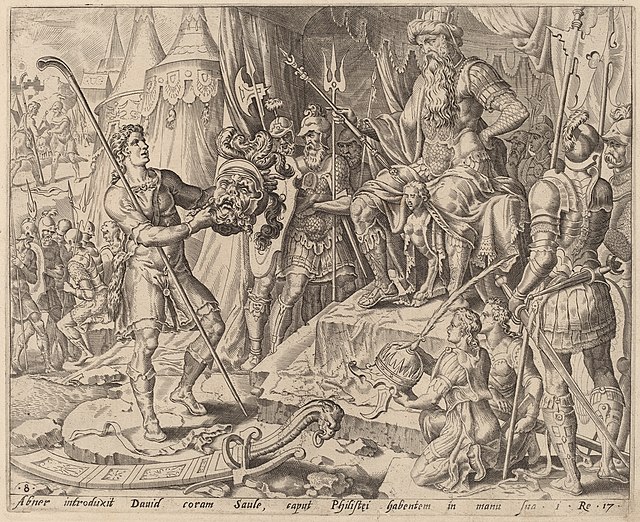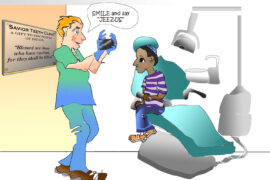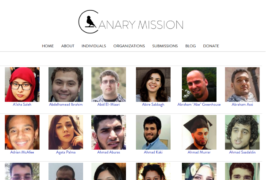The first three kings of ancient Israel – Shaul, David, and Shlomo – represent stages in the Jewish people’s national development.
Shaul’s attention was primarily focused on the material wellbeing of the nation (security, economy, national unity, etc.). This mirrors the Zionist movement in the modern age, which radically altered the situation of the Jewish people before transforming from a revolutionary movement aimed at liberating an oppressed group to the dominant ideological paradigm of the nation-state it established.
David, by contrast, had a deeper understand of Israel’s unique identity and sought a spiritual revival to empower the nation to achieve its destiny. He successfully expanded Israel’s borders, struck fear into the hearts of our enemies, subordinated his ego to the prophets and displayed a passionate loyalty to the Creator throughout his reign. This mirrors Israel’s national-religious sector, specifically the ideologically driven Jews fighting to maintain Israel’s possession of the West Bank, spreading Torah values in Israel’s poorest urban centers and accounting for a disproportionately high percentage of IDF combat officers.
Like David, Israel’s national-religious sector ultimately aspires to build a Temple in Jerusalem as the consummation of our national rebirth and as a testament of loyalty to HaShem. But like David, this sector isn’t capable of reaching that goal. At the Davidic stage of Israel’s national development, the Temple remains out of reach.
Shaul demonstrates no aspiration for a Temple or for what it represents. There’s a desire for Israel to be strong, secure and unified but not noticeably different from the surrounding nations. In fact, the public request for a king that led to Shaul’s anointment was framed as a request to “be like the other nations.”
Nearly every major socio-political fault line in Israeli society today is an expression of the friction between Shaul and David – between Zionism and what comes after Zionism. This friction essentially results from the different socio-political orientations of Shaul and David – their conflicting views on the essential purpose of the Hebrew state and on the meaning of its existence.
Should the State of Israel simply serve as a bomb shelter for endangered Jews that doubles as an outpost for Western civilization in the Semitic region? Or should our state deeply express Jewish identity and values in its policies and institutions? Does Israel’s return to political independence in our land after nearly 2,000 years merely represent the ability of the Jewish people to self determine? Or does it signal something far more meaningful for human history?
Like Shaul, the Zionists are deeply frightened by the ascension of David (this was recently expressed by Yesh Atid lawmaker Ram Ben Barak’s ominous warning that Israeli news anchors will soon be wearing head coverings). While openly appreciating the self-sacrifice and dedication of the national-religious sector, especially in regards to military service, the Zionists are also visibly concerned that they could soon be replaced – both in terms of national leadership and in terms of the culture/values/ideological paradigm that serves as the glue uniting Israel’s various tribal sectors. And like Shaul, the Zionists weaponize the tools at their disposal – most notably Israel’s media, judiciary and internal security apparatus – to suppress the national-religious, who – like David – refuses to fight back due to a recognition of the State of Israel’s inherent spiritual value.
The third stage in Israel’s national development is personified by David’s son Shlomo – who represents an era in which Israel is secure from foreign threats and fully aware of its unique identity and historic role. At this stage, largely made possible by the previous efforts of Shaul to build the national body and David to fill that body with purpose and vision, Israel can face outward and focus on the role it’s meant to play on the international stage in leading humanity towards a better world.
Unlike Shaul, who never concerned himself with a Temple, or David who yearned to construct it but couldn’t, Shlomo ultimately succeeded in building the Jerusalem Temple as a focal point for humanity’s spiritual aspirations. So inspired was the world by the national example set by Shlomo’s kingdom that nations would voluntarily seek to attach themselves to Israel and receive the prophetic wisdom Shlomo had to share.
The Shlomo stage of Israel’s development transcends far beyond questions of Jewish liberation and focuses almost exclusively on spreading Divine revelation to humankind. This requires Jews to see ourselves not as objects with a problem but rather as subjects with desires. And while subtle shifts from David to Shlomo might be taking place beneath the surface of Israel’s national-religious community, the broader transition we see playing out in Israeli society is between Shaul and David.
This is what Israel’s current election cycle is really all about. Despite media attempts to make the story about “yes Bibi” and “no Bibi” camps, the deeper battle is actually about Shaul maintaining control over a society that appears to be organically moving towards David at a rapid pace.
While the Likud party under Binyamin Netanyahu’s leadership represents a sort of neutral bridge faction between Shaul and David that could easily form a coalition with either side, the majority of its candidates and voters identify more with a Davidic orientation. The media reinforces this by continuously reminding us that the Likud’s most natural partners are the Ḥaredi and national-religious factions. But it should be noted that Netanyahu has a track record of seeking national unity governments that soften his image abroad and provide him with sufficient maneuverability in the event of a coalition crisis.
The media’s focus on a competition between pro- and anti-Bibi factions serves to distract from the reality that, without the Likud, Shaul no longer has the public support or electoral power to form a coalition of 61 lawmakers.
It should also be noted that the myth of common ground or natural partnership between the Liberal-Zionist and Palestinian factions propagated by the polls demonstrates a complete detachment from reality. While the United Arab List has repeatedly expressed a preference for partnering with David (but sat with the Shaul parties in the outgoing government when that was the best available option) and it’s possible that the Joint List could potentially support Yair Lapid or Benny Gantz for prime minister under certain conditions, the more popular position amongst Palestinians with Israeli citizenship appears to be that of the now disqualified Balad faction, which sees Lapid and Gantz as no better (and arguably worse) for Palestinian interests than Betzalel Smotrich or Itamar Ben-Gvir.
The notion that a partnership with Palestinian factions will enable Shaul to regain its dominance over Israel’s political system should therefore not be taken seriously.
When presented by the media with pro- and anti-Bibi camps, it’s also helpful to keep in mind that those camps aren’t static. At this point, no one should question the ability of Israeli lawmakers to rethink their positions when their political careers demand flexibility. And this is not just the case for small parties. Even Lapid and Gantz, leaders of the factions currently polling at second and third place respectively, would readily sit in a Netanyahu-led coalition if it served their interests. One need only examine the behavior of Ayelet Shaked to see how desperate a politician can become when their options narrow.
But once we understand the narrative of pro- and anti-Bibi blocks to largely be a distraction, it becomes easier to appreciate that this election is actually more about a further shift from the dominance of one socio-political tribe over Israel to a more democratic representation of our society.
Israel’s News 12 recently conducted an election poll isolating Israeli voters age 18-25. Out of 120 Knesset seats, the poll showed that the Likud together with only the Ḥaredi and nation-religious factions would have a comfortable majority of over 70 seats. Israel is headed towards a major socio-cultural transformation in the coming decades and the Shaul Zionists that established the state are understandably disturbed by the thought of everything they built falling into the hands of David.
As Israel continues to undergo a societal transition between the Shaul and David stages of our national development, it’s crucial that a parallel psychological transition between the David and Shlomo stages begin to take place amongst the most advanced elements of the national-religious sector (this has been a central focus of Vision movement educational programs in Israel aimed at this sector). To accelerate that shift, it might benefit us to keep in mind that one of the last major acts we see David perform as king before the official transition to the reign of Shlomo was to confront and attempt to correct the injustices committed by Shaul against the gentiles living under his rule.





